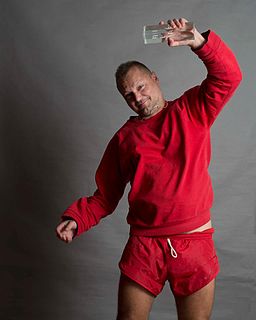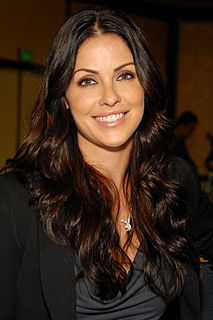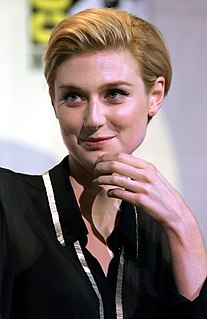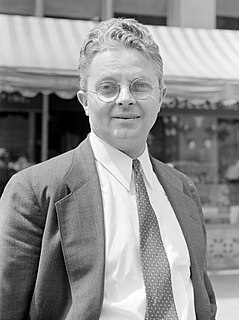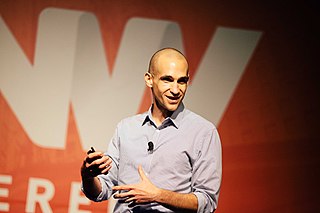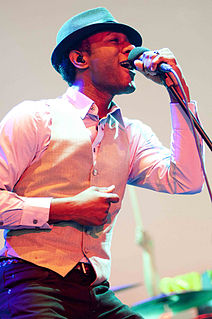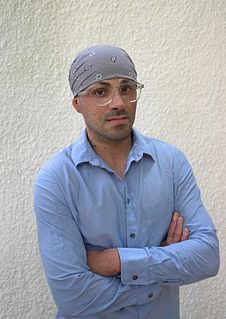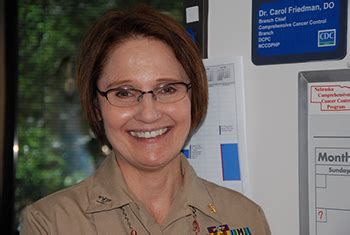A Quote by Juergen Teller
I always work with two cameras. Its kind of like I'm hypnotizing the subject with the flashing. It's a bombardment of action, flashes, and I think it helps them to ease into the process.
Related Quotes
I think there are two different types of people in television. There are people who can turn it on like a switch when the cameras go on, and then, when the cameras go off, they kind of lower it down a little bit. And then there are people who are on all the time, no matter if the cameras are there or not.
Although people who had achieved a great deal in science and technology talked
of the inscrutability of creativity, I was not convinced and disbelieved them immediately and without argument. Why should everything but creativity be open
to scrutiny? What kind of process can this be which unlike all others is not subject
to control?…What can be more alluring than the discovery of the nature of
talented thought and converting this thinking from occasional and fleeting flashes
into a powerful and controllable fire of knowledge.
I've always seen process of crafting as part of the thinking process. It really forms the gestation of the work. I'll get an idea; I want to express this idea, sometimes I'll start it, but during the process of making the object - if it's an object or a painting - it changes. It never goes in a linear progression from A to Zed. It's always this kind of circuitous, stumbling, groping in the dark kind of process of evolving.
wishes for sons by Lucille Clifton i wish them cramps. i wish them a strange town and the last tampon. I wish them no 7-11. i wish them one week early and wearing a white skirt. i wish them one week late. later i wish them hot flashes and clots like you wouldn't believe. let the flashes come when they meet someone special. let the clots come when they want to. let them think they have accepted arrogance in the universe, then bring them to gynecologists not unlike themselves.
And also, I'm most comfortable with like two people just sitting and talking about their feeling, you know, in a room with like two cameras and that's it. And I wanted to do something where there was like action and running and you know crowd scenes and big set pieces and certainly did a lot of that, so yeah.
If I had to pick one social action I could encourage all my friends, family and fans to do, it would be to teach a child. One, to educate them about good music, but two, because that kind of relationship helps build a bond. When you share music with somebody, that then becomes your link to them. Music is what connects a lot of us, over borders.
Art movements are always linked to some kind of turmoil. We can look at history and see that [political turmoil is] fertile ground for art. I also think that it gives artists something, a way of kind of processing. My friends and I have all been super motivated to work and to do the work that we need to and want to and think should be in the world. Hard times are really a fire under your ass to prioritize and think, "Okay, how can I challenge myself to put something in the world that wasn't there that can reach other folks and help them to process"?
What I found interesting in dance is the idea that my work has always been dealing with the nervousness between the human subject as a subject and the human subject as a form. And if you look at my dance films, there are always these cuts between the dancer as a form, the dancer as a subject, and this kind of very harsh treatment of the dancer as someone who's actually drawing with their body.
I kind of - you learn it, you master it, and then you make sure that it just disappears. You know, like if I could have invisible lights, I would, and invisible cameras. I'm just really trying to get at my subject and I respect the technical aspect, but it is not anything that I think about at this point.
